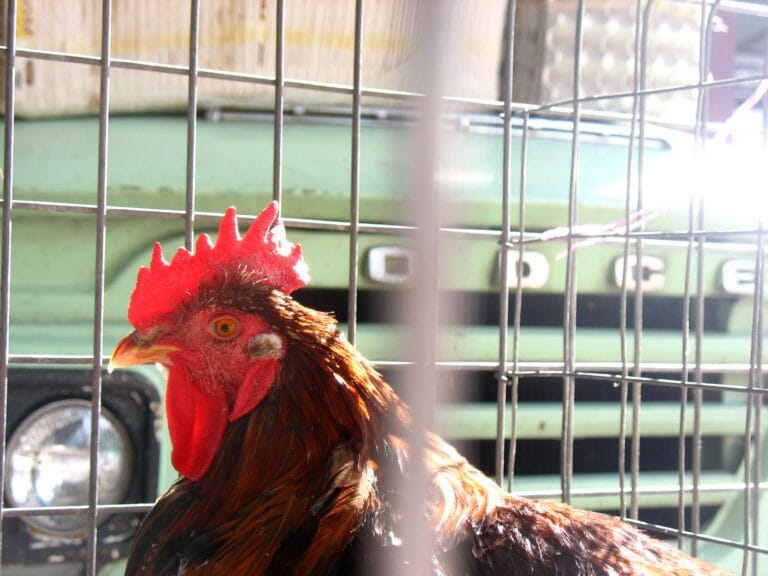🎧 Listen to This Article
A Tariff That Changed the Auto Industry
For over 60 years, a 25% tariff on imported light trucks, known as the Chicken Tax, has shaped the U.S. automotive landscape. Initially a retaliatory measure in a trade war over poultry, this policy has protected domestic automakers, driven up truck prices, and blocked foreign competition.
The Unexpected Origins of the Chicken Tax
In the early 1960s, the European Economic Community (EEC) imposed tariffs on American poultry exports, triggering a trade dispute with the U.S. Seeking retaliation, President Lyndon B. Johnson implemented tariffs on four products, including a 25% levy on imported trucks—a move that had little to do with chicken but everything to do with protecting American automakers from foreign competition.
How the Chicken Tax Reshaped the Truck Market
- Volkswagen and Japanese automakers were hit hardest, limiting their ability to sell small trucks in the U.S.
- Domestic automakers capitalized on the lack of competition, focusing on full-size pickups.
- Foreign brands found workarounds, like importing trucks as “cab chassis” and installing beds in the U.S. to avoid the tax—until the loophole was closed in 1980.
- Japanese manufacturers like Toyota and Nissan established U.S. factories in the 1980s to sidestep the tariff, helping shape today’s automotive landscape.
The Lasting Impact on U.S. Consumers
- High truck prices: The tariff artificially inflates prices, limiting affordable options.
- Fewer small and affordable pickups: Compact trucks, once popular, have largely disappeared from the market.
- Limited competition: The dominance of Ford, GM, and Stellantis (Ram) remains unchallenged in the U.S. pickup sector.
Will the Chicken Tax Ever Go Away?
Despite occasional discussions about repealing it, the tariff remains in place. With new trade tensions emerging, potential tariffs on vehicles from China, Mexico, and Canada could further drive up car prices in the U.S.
As a result, Americans continue to miss out on global truck models, like the Toyota Hilux, which is popular worldwide but unavailable in the U.S. due to the tariff.
The Chicken Tax, born from an unrelated trade war, remains a defining force in the American auto industry, shaping what consumers can buy—and how much they pay.
For further details, clarification, contributions, or any concerns regarding this article, please contact us at editorial@tax.news. We value your feedback and are committed to providing accurate and timely information. Please note that our privacy policy will handle all inquiries



